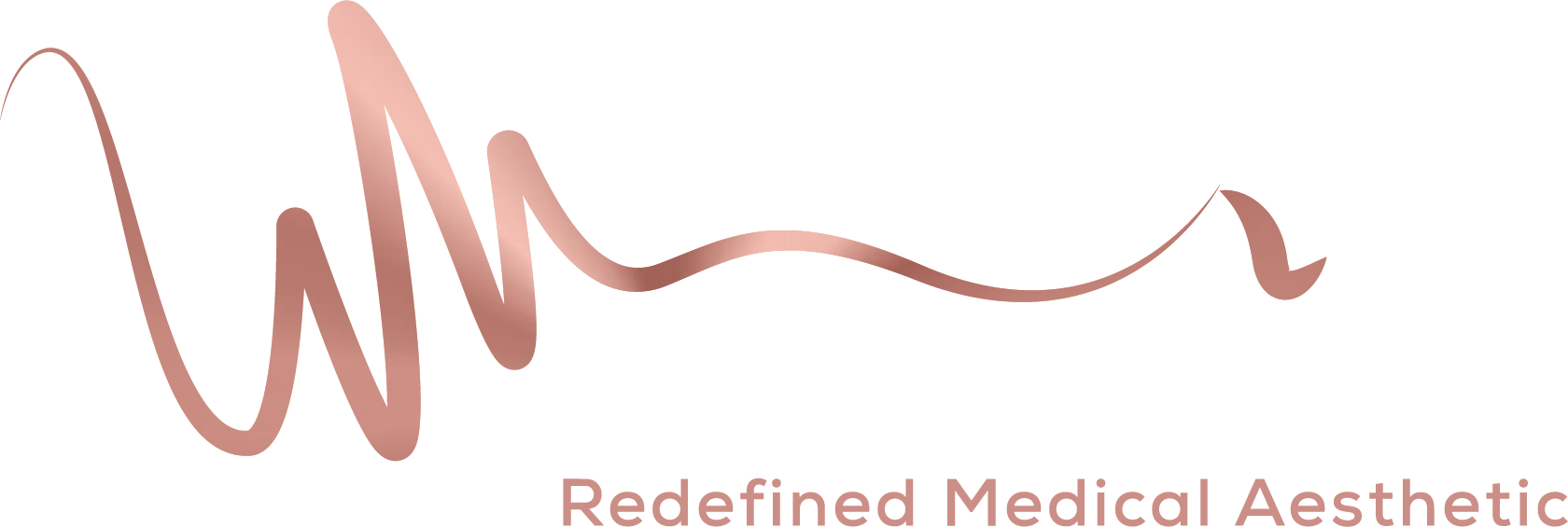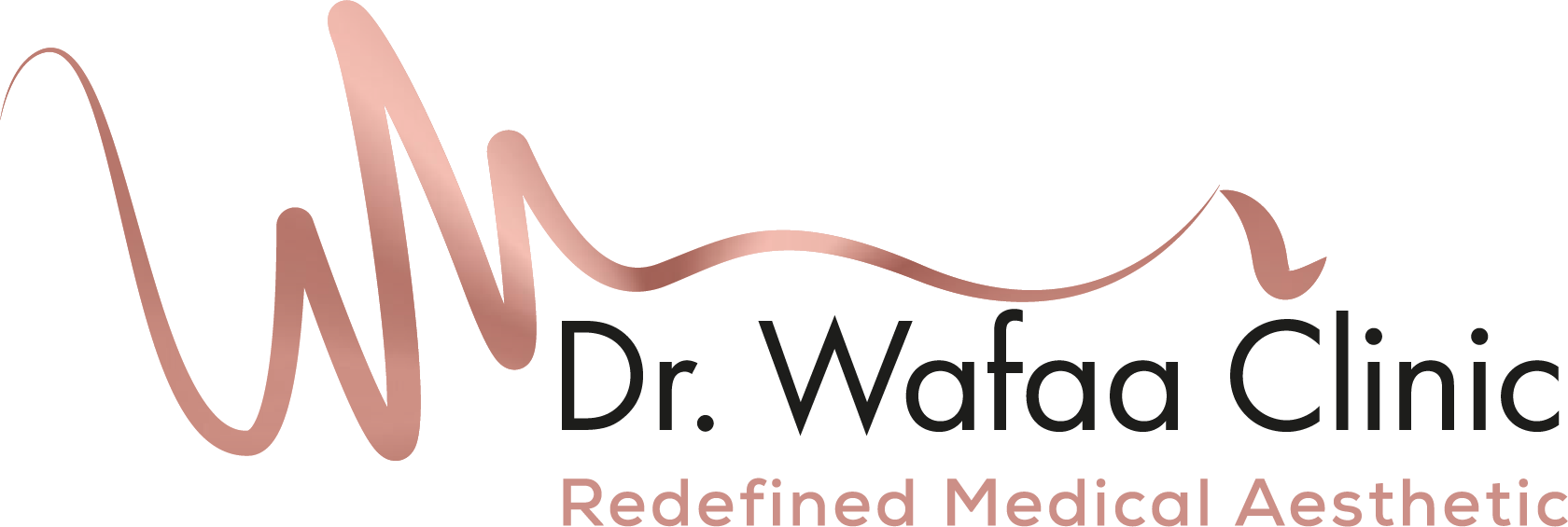Acne Scarring Concern
Acne Scaring Treatments in Reading
● New clients always welcome
WhatsApp Us
Message Us
Phone Us
Book Online
Message Us
WhatsApp Us
Phone Us

Acne Scarring Concerns
Scientific | Holistic | Medical
Acne Scarring FAQ
Get In Touch
We offer flexible appointment times, with some evening and weekend availability.
Call us on 0118 227 4444 to book or complete the form below.

Get in touch with us using the form below:
You can always contact us by:
Telephone:
0118 227 4444
WhatsApp:

